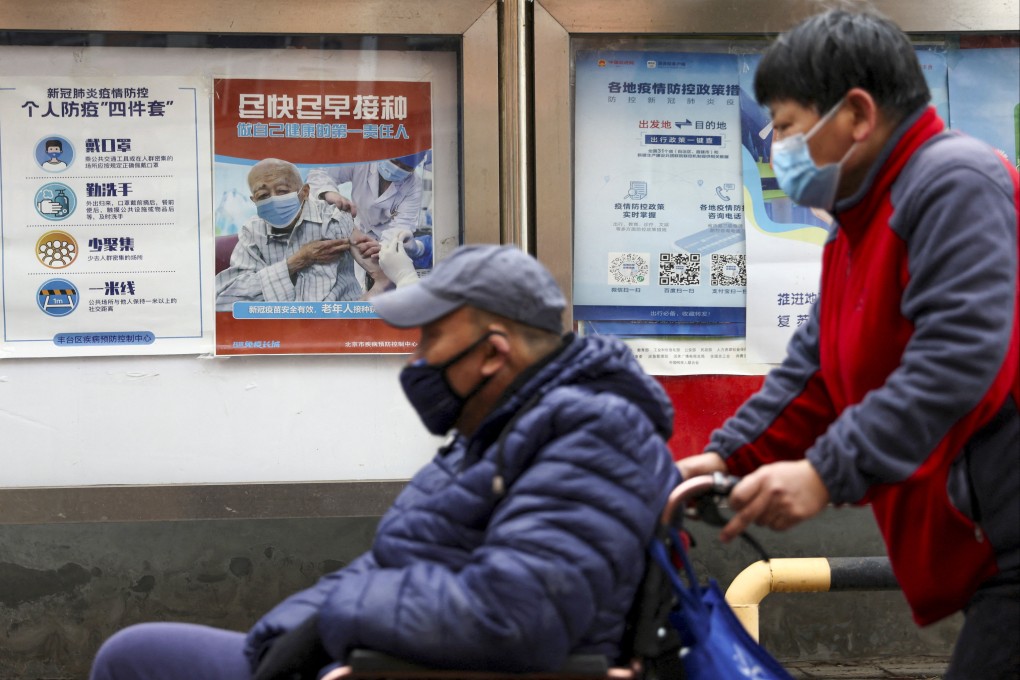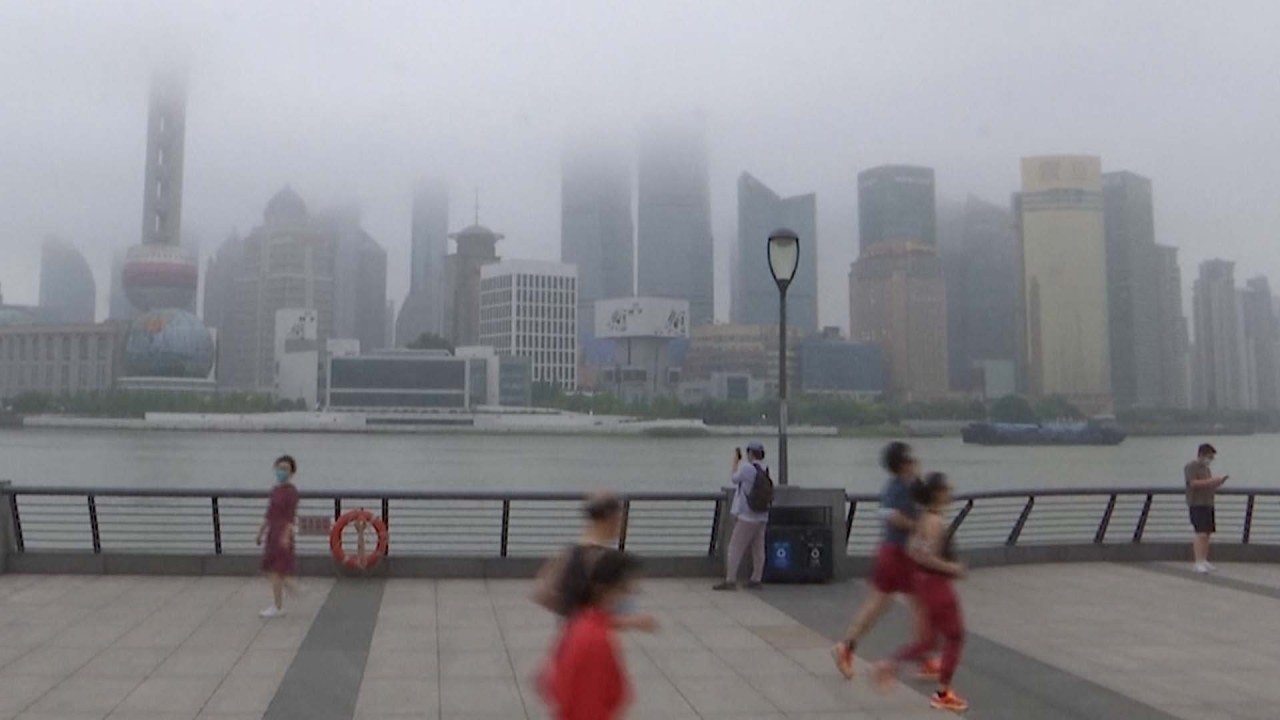Advertisement
Coronavirus: China’s ‘no jab, no insurance’ notice for over-60s blamed on misreading of policy
- ‘Our intentions are good,’ Kunyang town health official told Beijing-based magazine
- No such policy is in force and community officials have no right to suspend insurance benefits, local government says
Reading Time:2 minutes
Why you can trust SCMP
4

Elderly people over 60 who refuse to get a Covid-19 vaccine will not have their basic medical insurance suspended, a local government in China’s port city of Wenzhou has clarified, after a notice from community officials sparked alarm.
Residents of the community in Wenzhou’s Kunyang town had been notified that, unless they had hospital certificates to exempt them, unvaccinated elderly people would be barred from public spaces like supermarkets, the Beijing-based China News Weekly reported on Wednesday.
Moreover, their basic medical insurance would be suspended, as would benefits such as living allowances and severe disability payouts, the state-run magazine said in its report.
The Chinese government provides basic medical insurance for both urban and rural residents, including health coverage for minors and people without jobs.
“This rule is mandatory, but our intentions are good,” the magazine quoted a staff member of the Kunyang epidemic prevention and control office as saying. “We want everyone to be healthy.”
However, in a statement issued on Thursday, the local government of the town in eastern Zhejiang province said there was no such policy, and community officials had no right to suspend residents’ insurance benefits.
Advertisement

